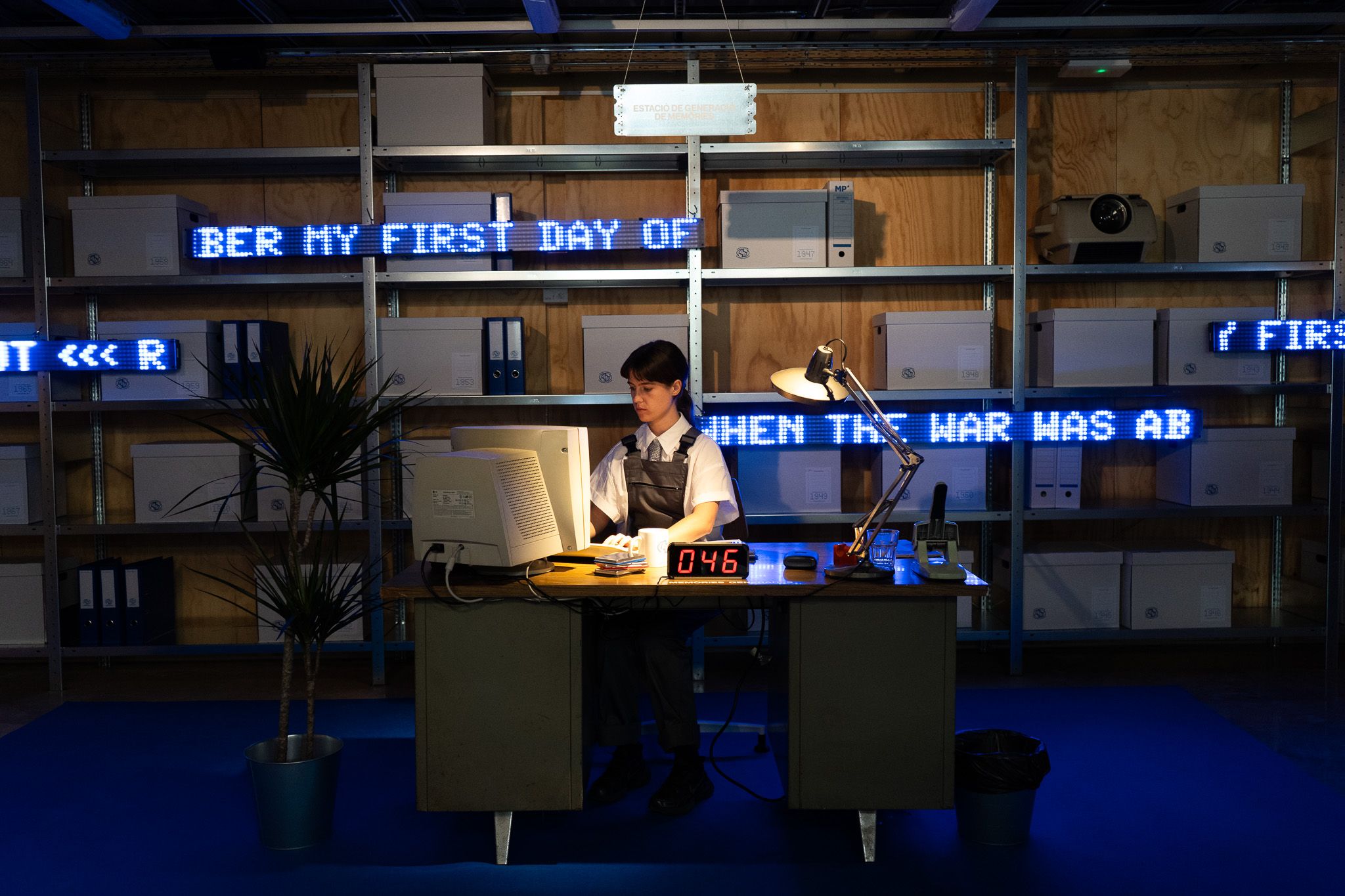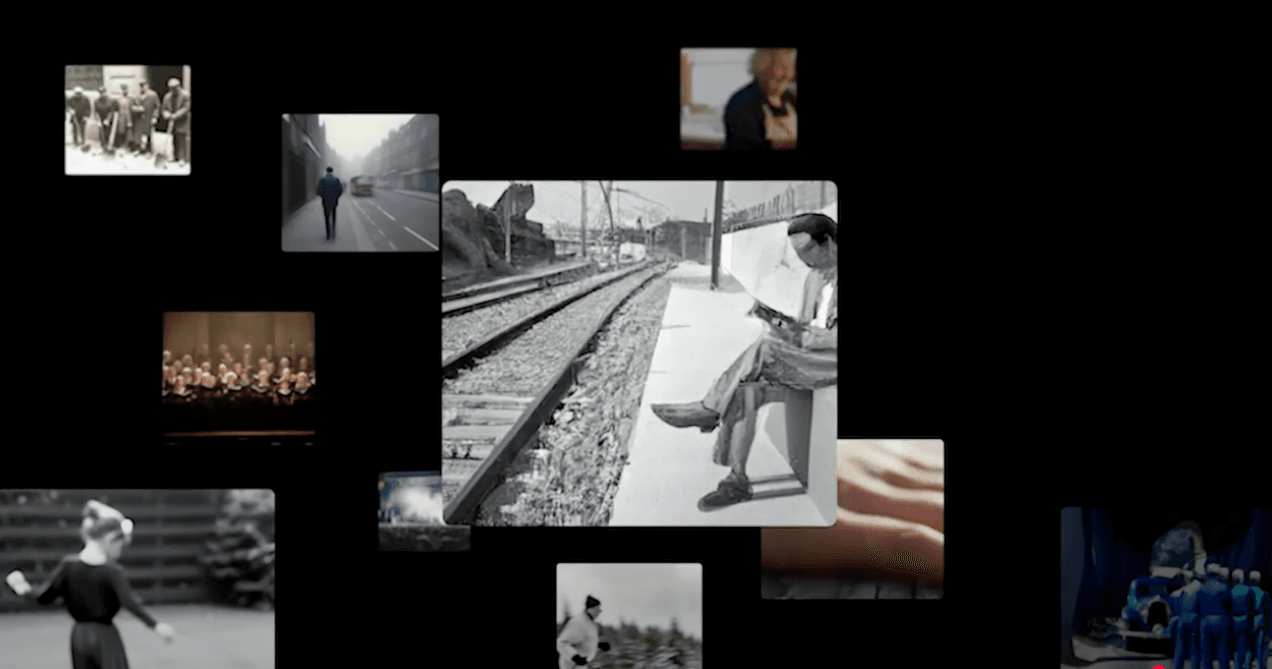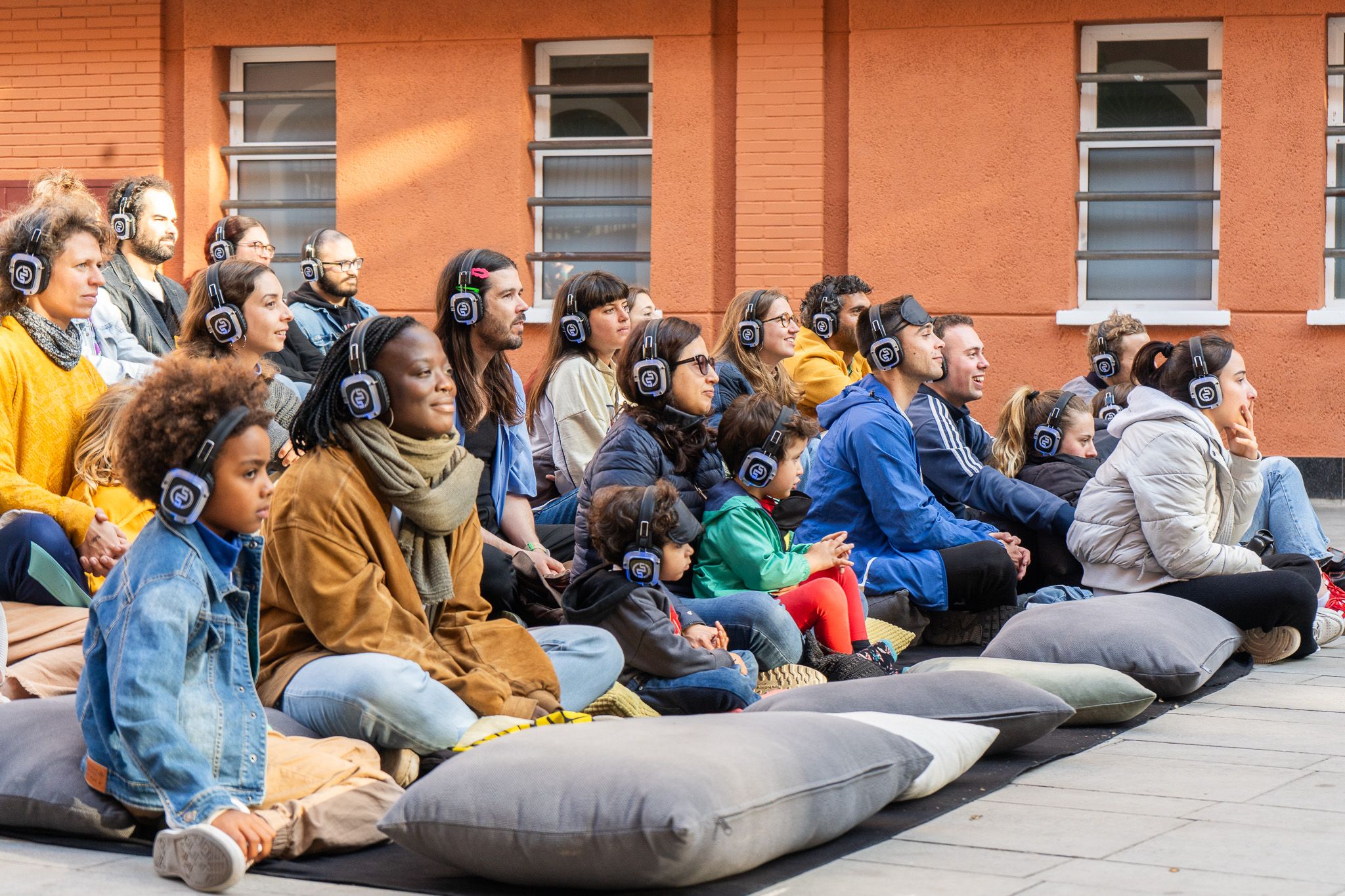The Citizens' Office of Synthetic Memories is the first public service for reconstructing lost or undocumented memories using AI. Unlike traditional photographic archives, which organise images as historical evidence, this project focusses on reconstructing memories that contain an emotional truth.
The office consists of two main services: free visits to the archive, and a personalised memory reconstruction service.
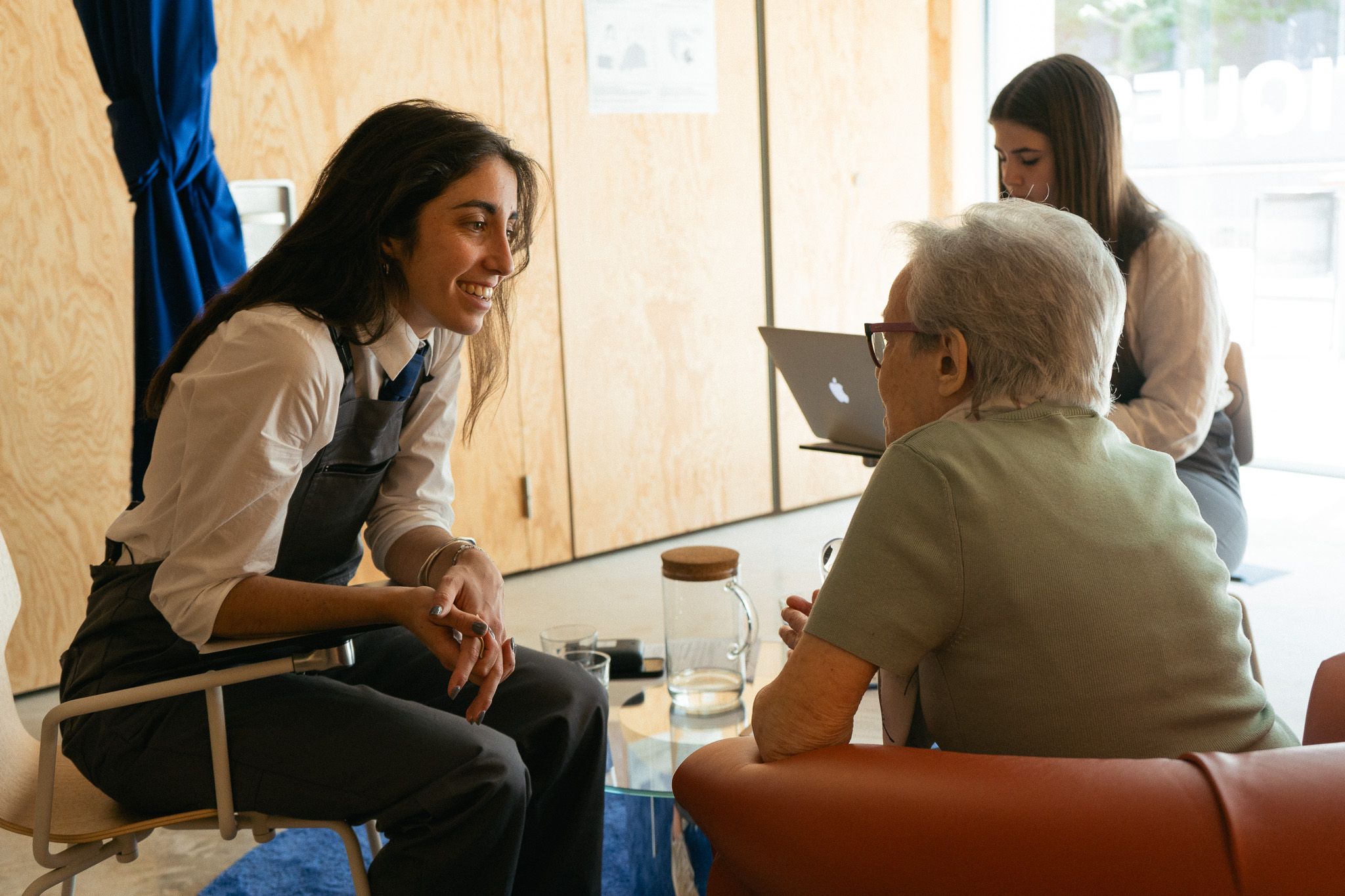
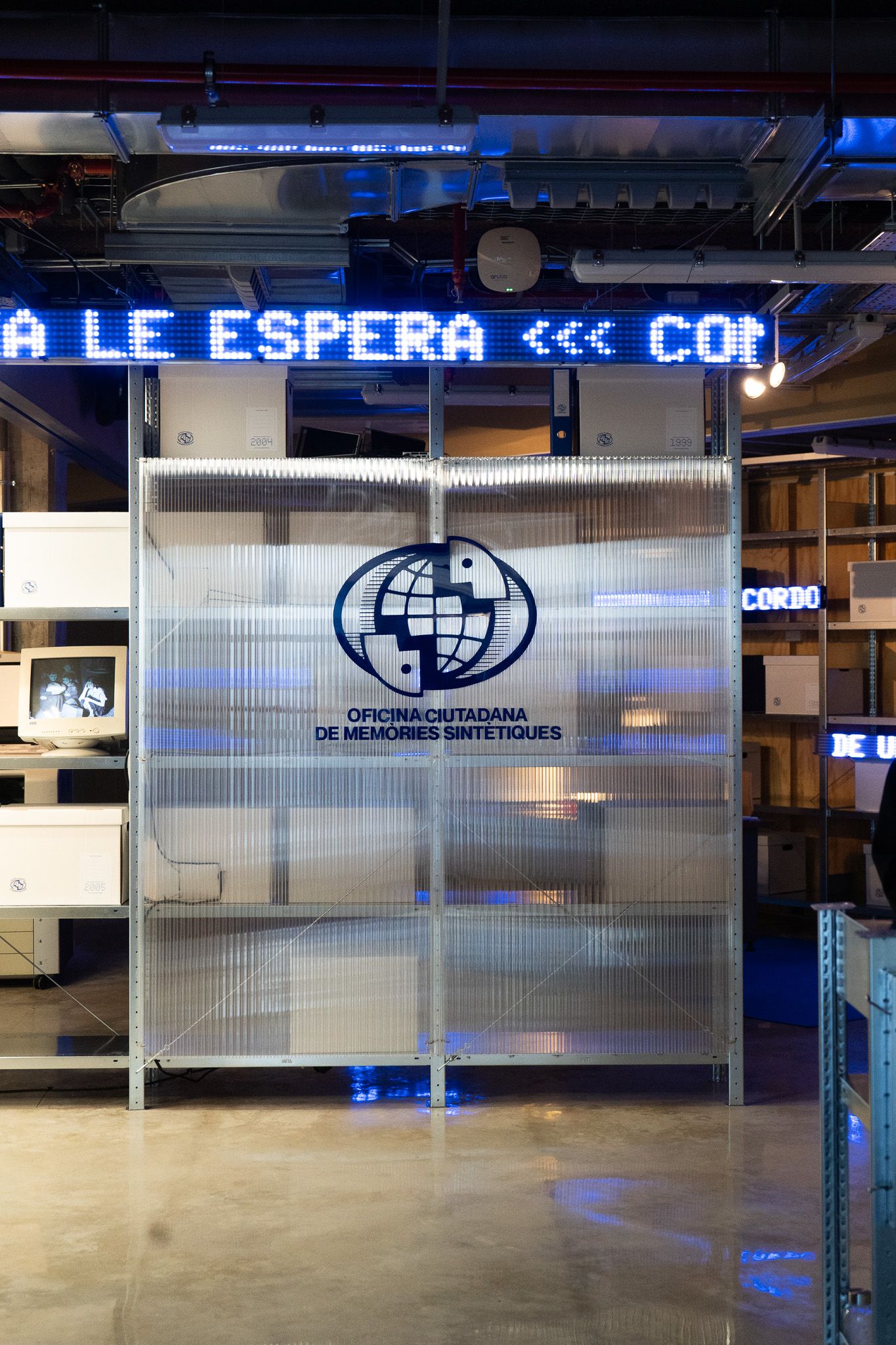
The Synthetic Archive
The Synthetic Archive is an exhibition space displaying all the visually reconstructed memories collected so far.
The value of this archive grows as the citizens of Barcelona remember. Each week, the team reconstructs around 25 memories and adds them to the archive.
It is estimated that by the end of the exhibition around 300 memories will have been visually reconstructed. In this archive, memories are classified and made available to all citizens so they can be read using a projector.
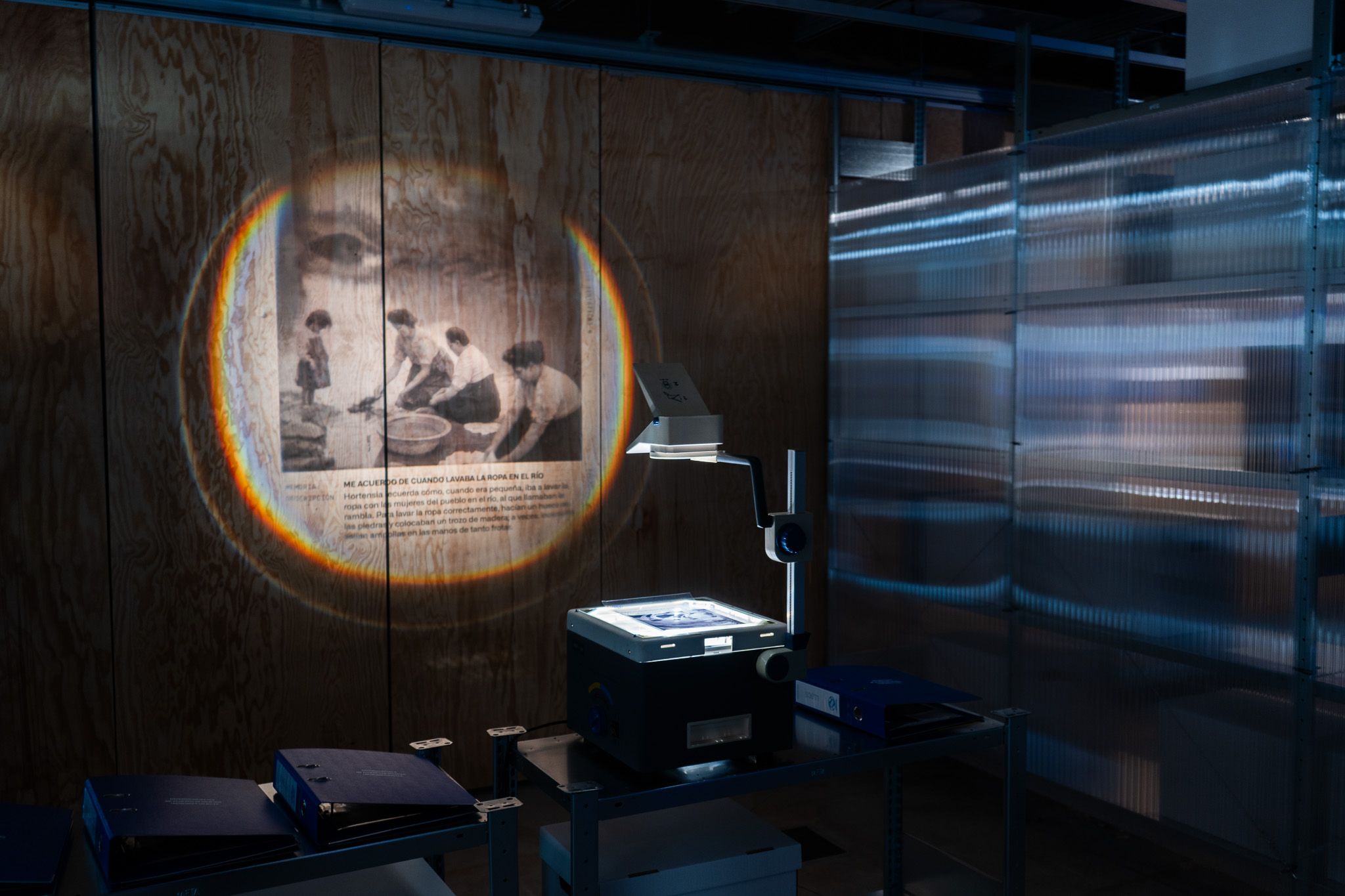
Sharing and democratising the process
Outside of the synthetic archive, there is an exhibition of a selection of 30 memories that were reconstructed before the opening of the office. Additionally, the exhibition space provides resources that democratise and explain the process of memory reconstruction, and showcase our position on the use of artificial intelligence.
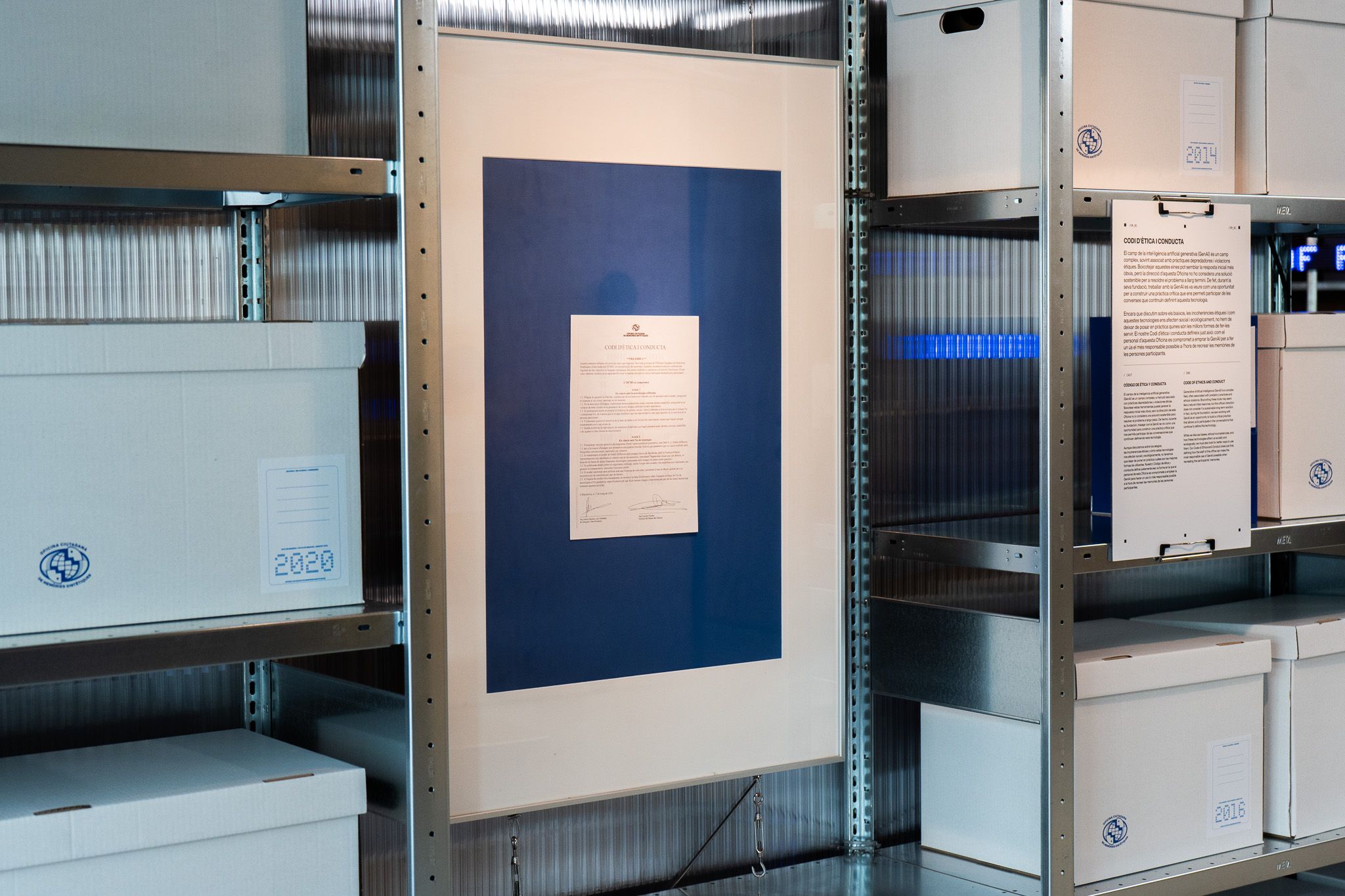
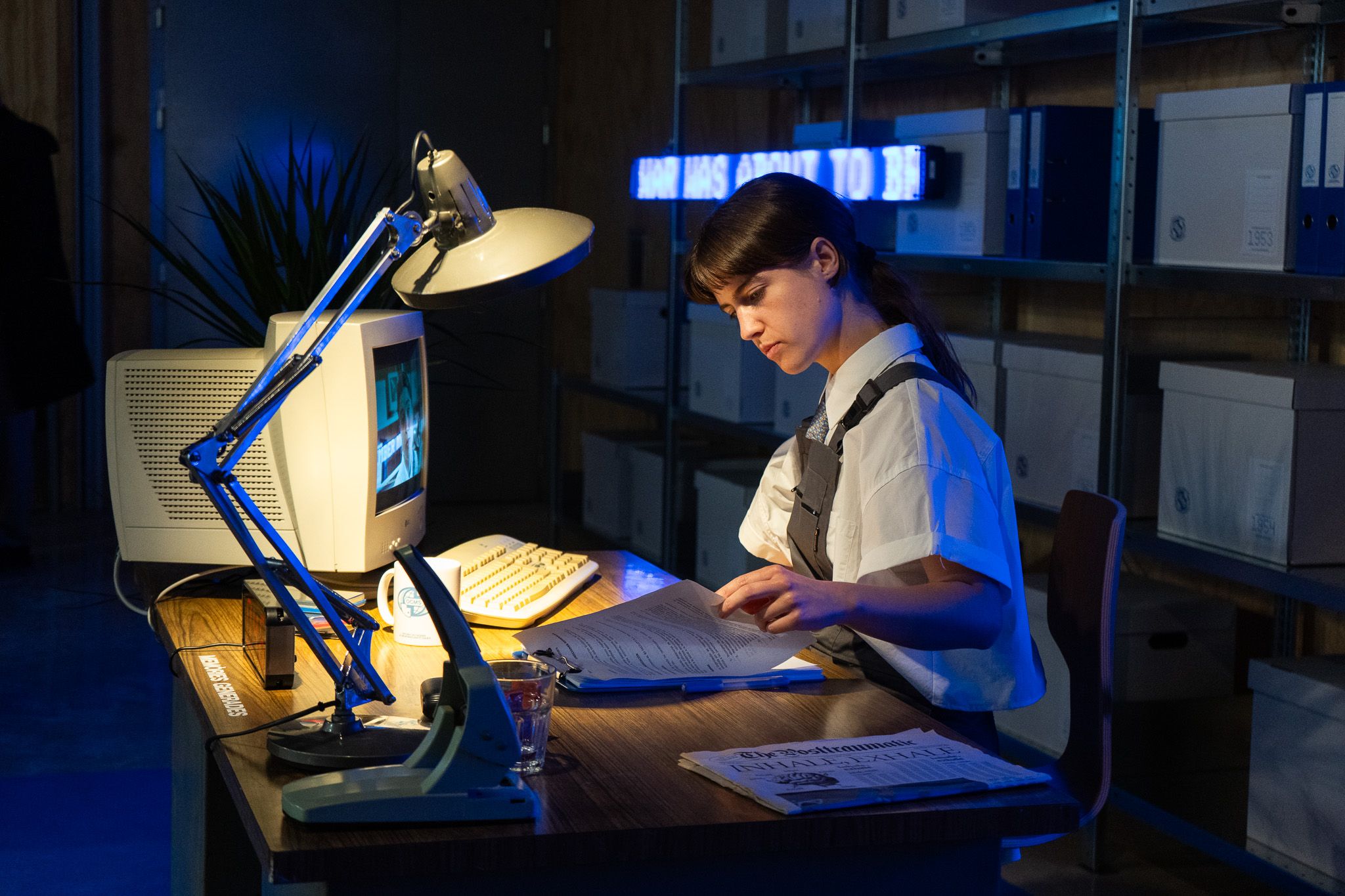
The more the citizens of Barcelona remembered, the more the value of this archive grows.
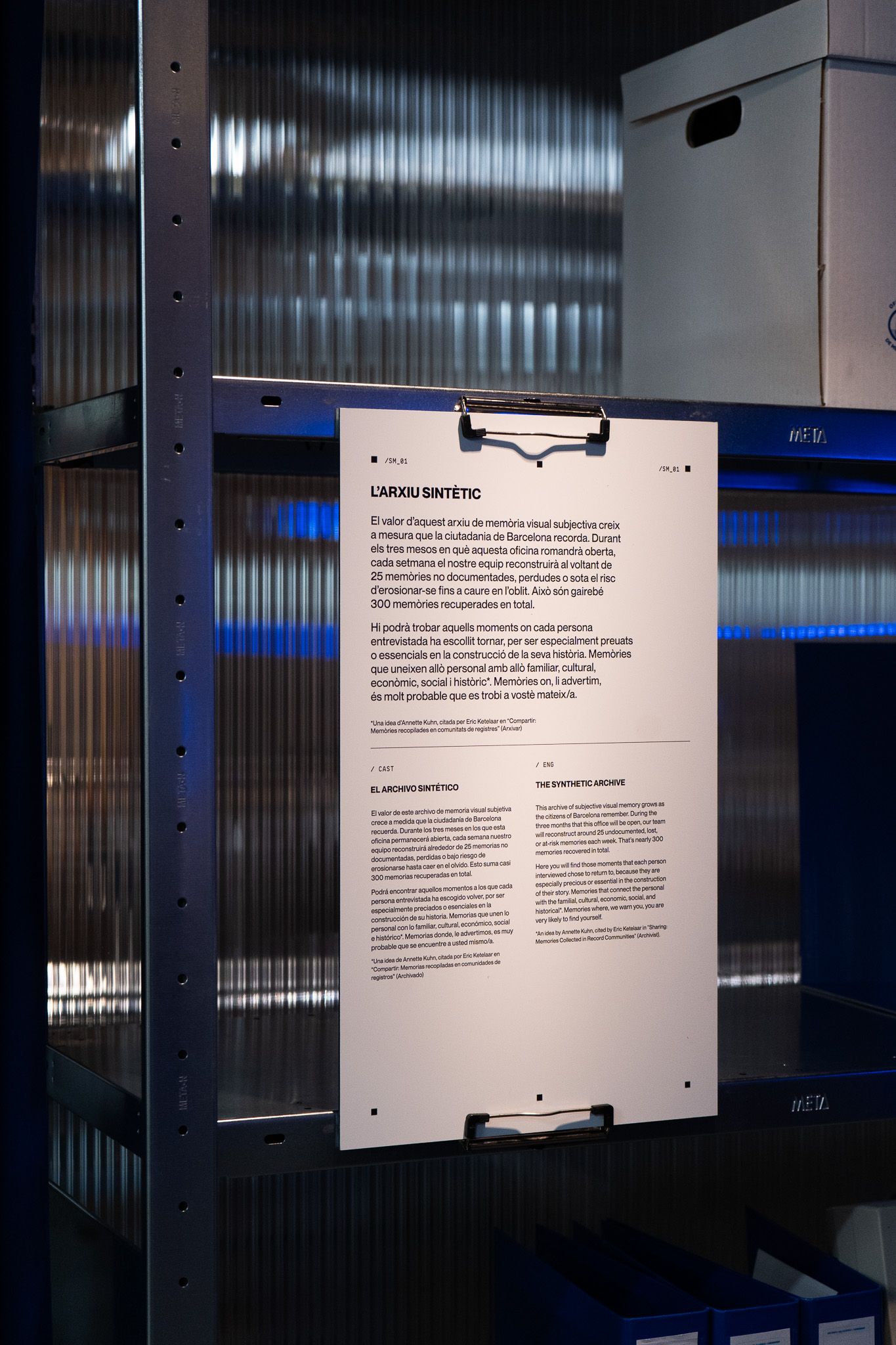
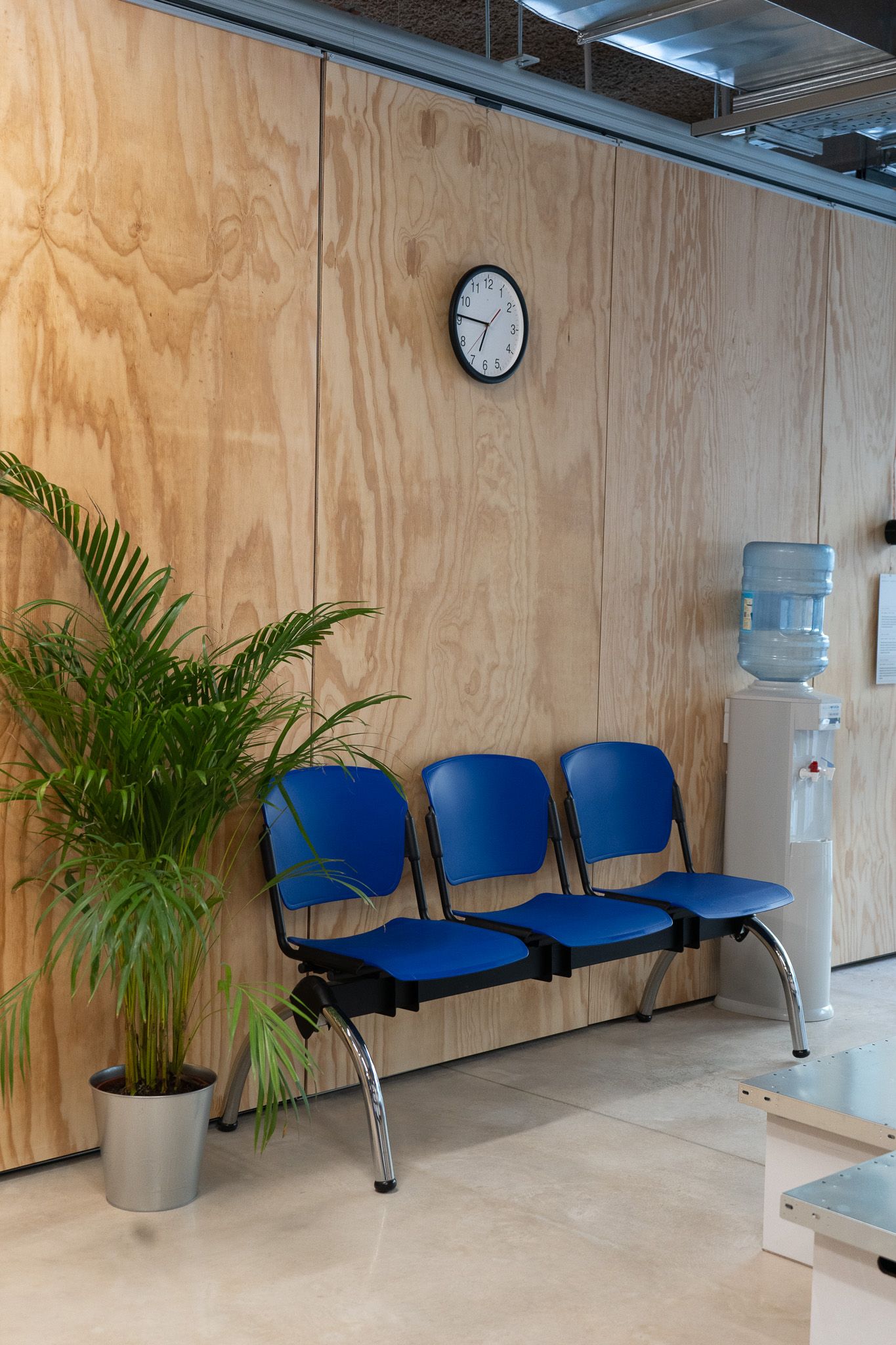
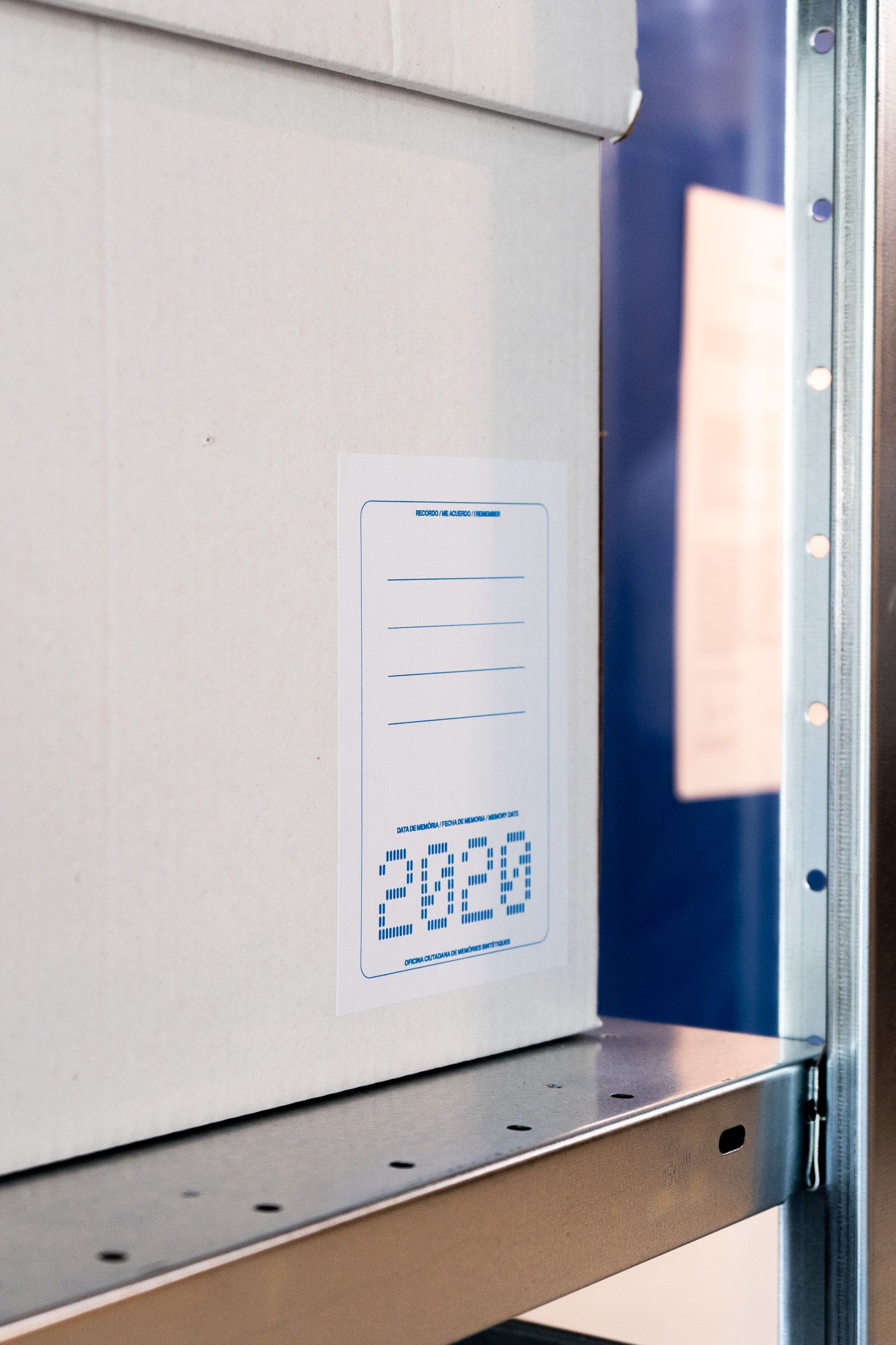
Memory as a material
We have invited other artists who work with memory as material and with AI as a technique to enrich the experience with the questions their work raises. In this way, Maria Mavropoulou's project (left) recreates several decades of a family album that never existed because her family moved numerous times, constructing an artificial visual legacy.
Meanwhile, Sam Lawton (centre) has developed a project that expands the boundaries of his childhood photographs with AI and shows them to his father, who often does not recognise them.
Finally, artist Anna Roura (right) explores how a memory can reverberate across different generations of people, creating a chain memory involving ten individuals born in ten different decades.

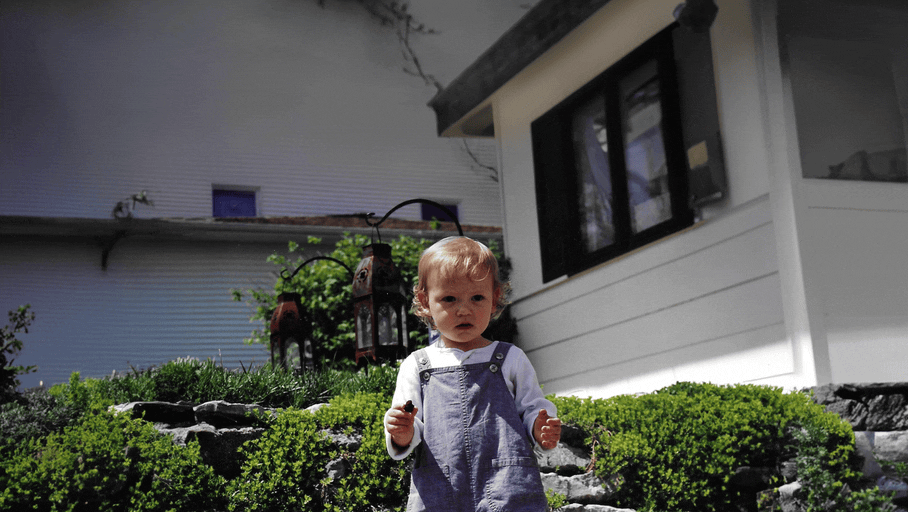
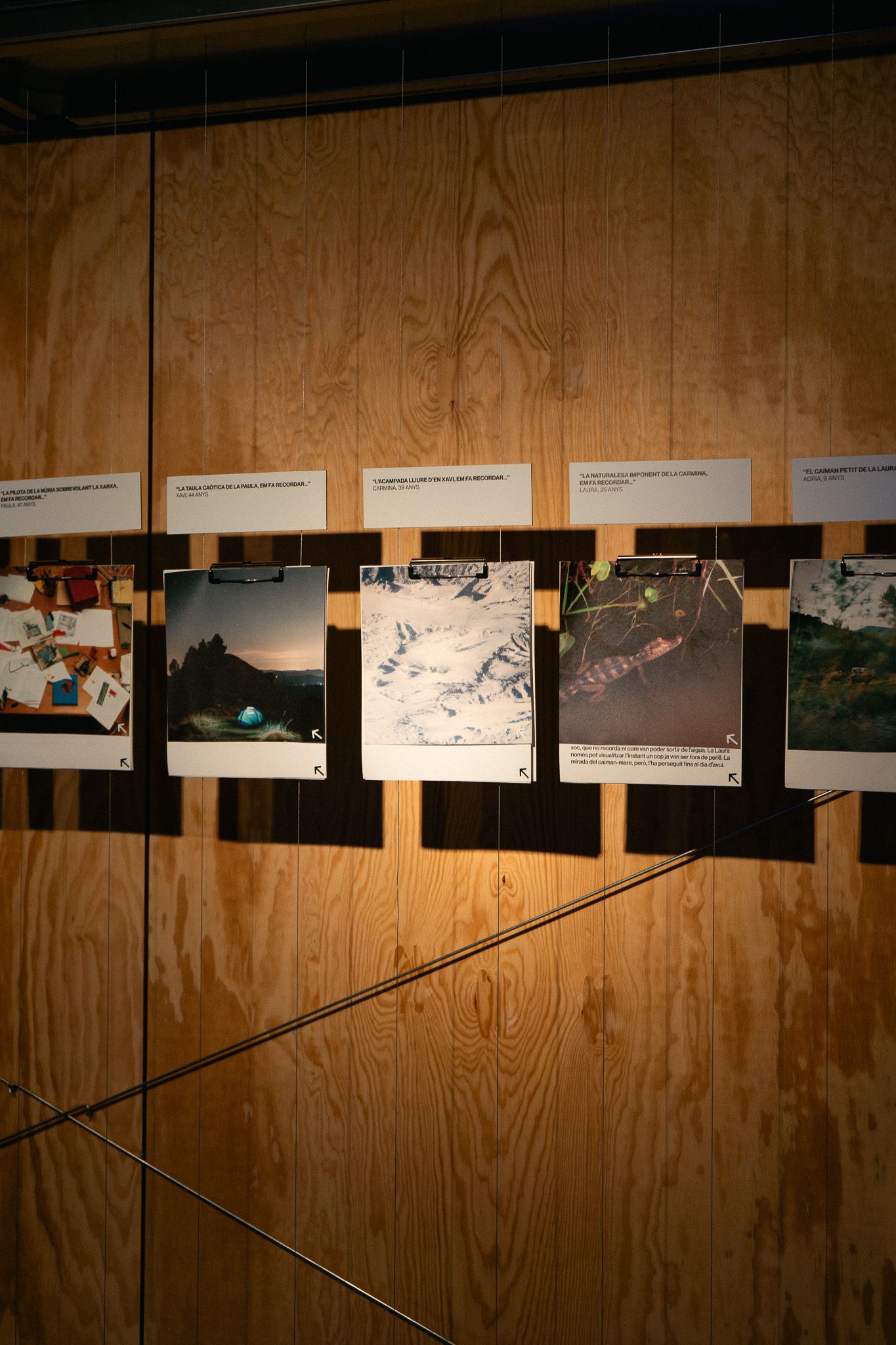
"I remember the day that..."
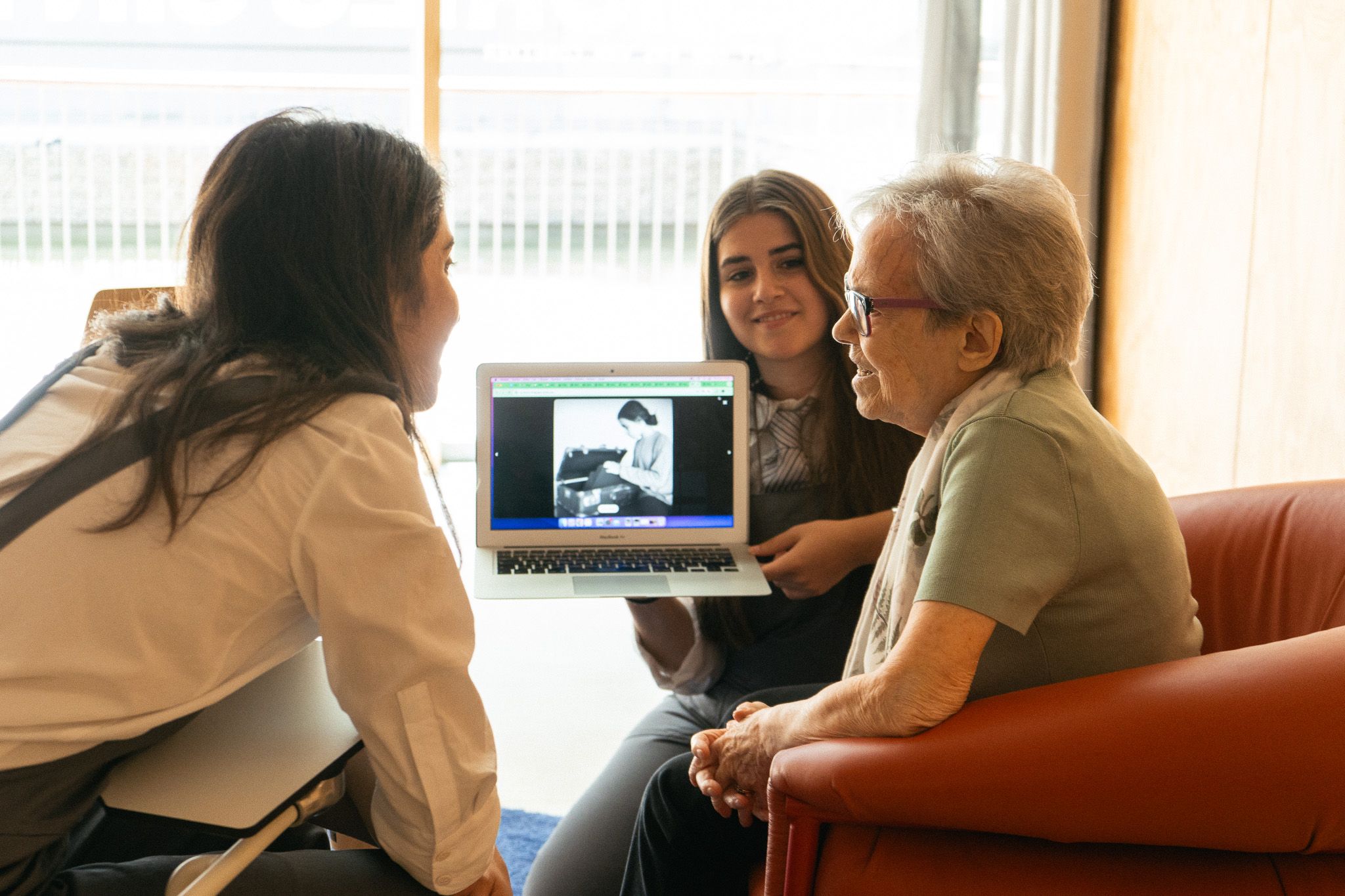
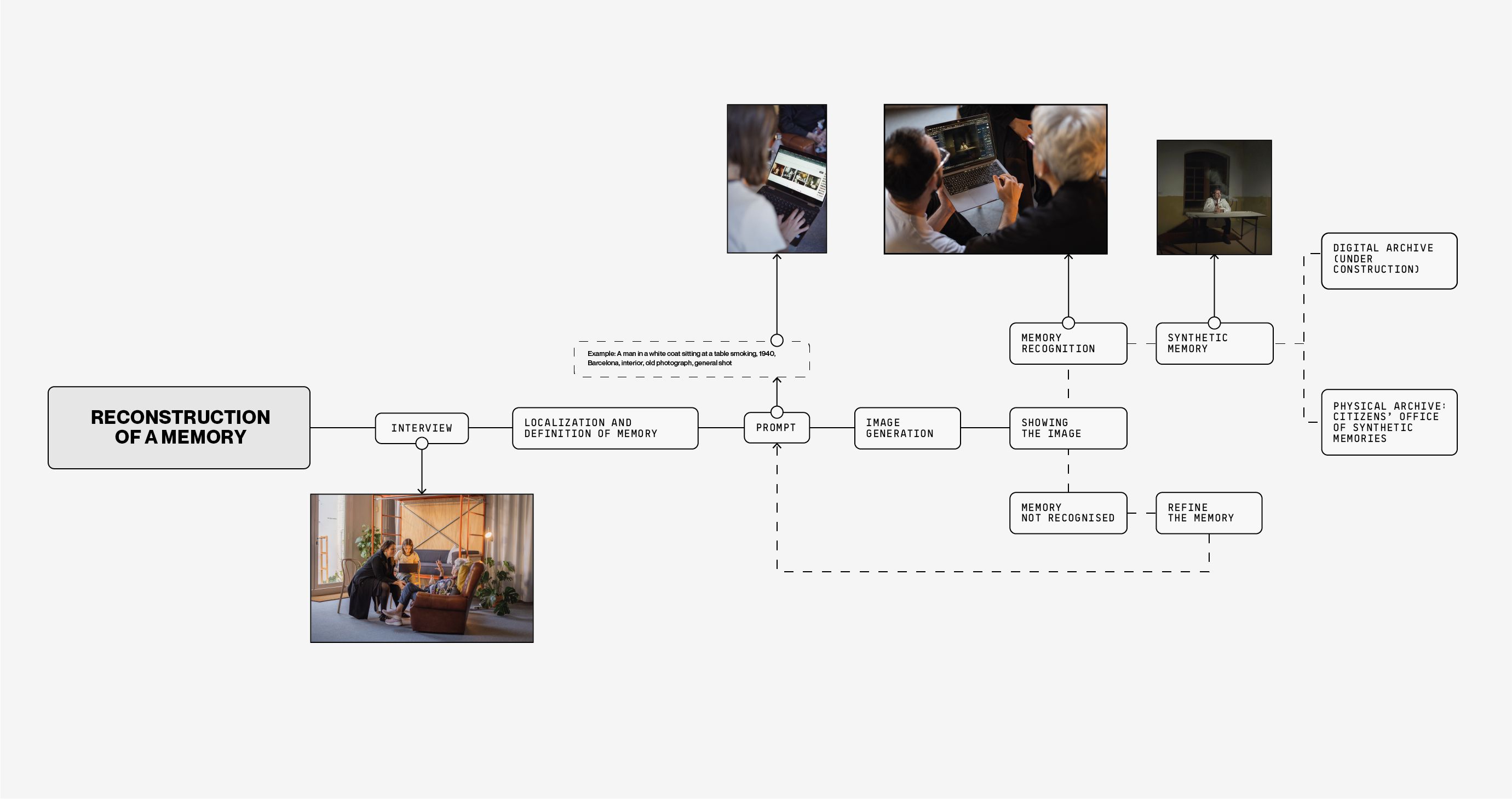
Personalised Memory Reconstruction
The second service offered by the Office is a personalised memory reconstruction. In this service, anyone can request an appointment to visually reconstruct their memories using AI with the assistance of a team specialised in the use of this technology. Each session lasts between 45 minutes and 1 hour, during which a written and visual testimony of the personal story of each individual is generated.
Upon completion, the reconstructed visual memory is presented to the interviewee as a polaroid and, with their consent, it is added to the Synthetic Archive.


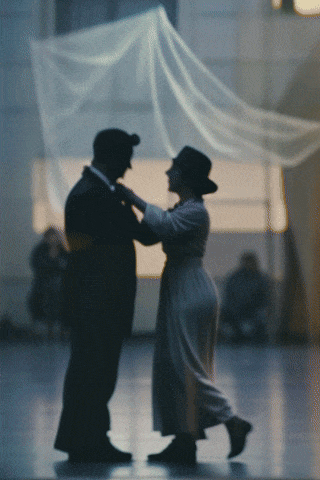
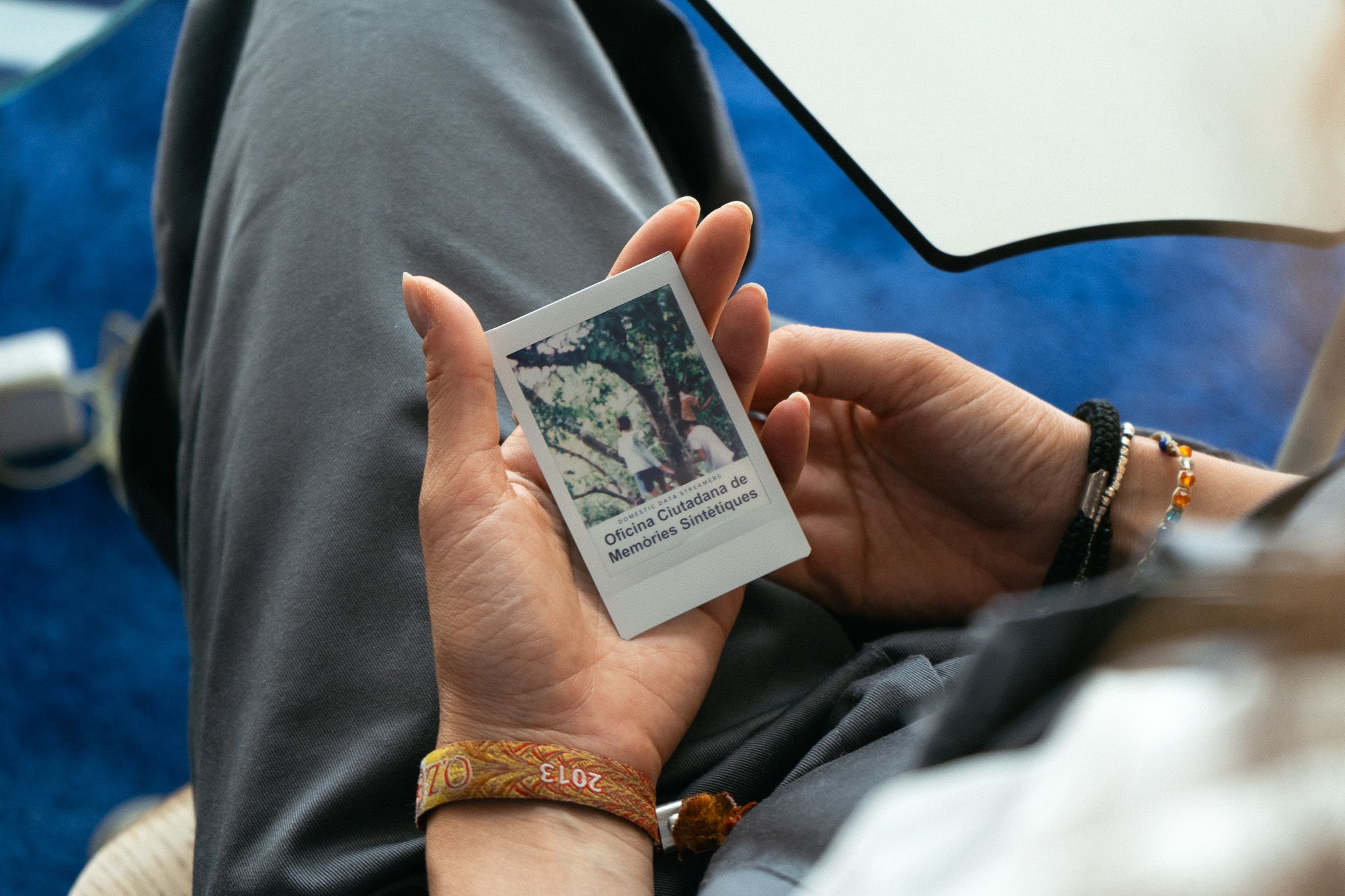
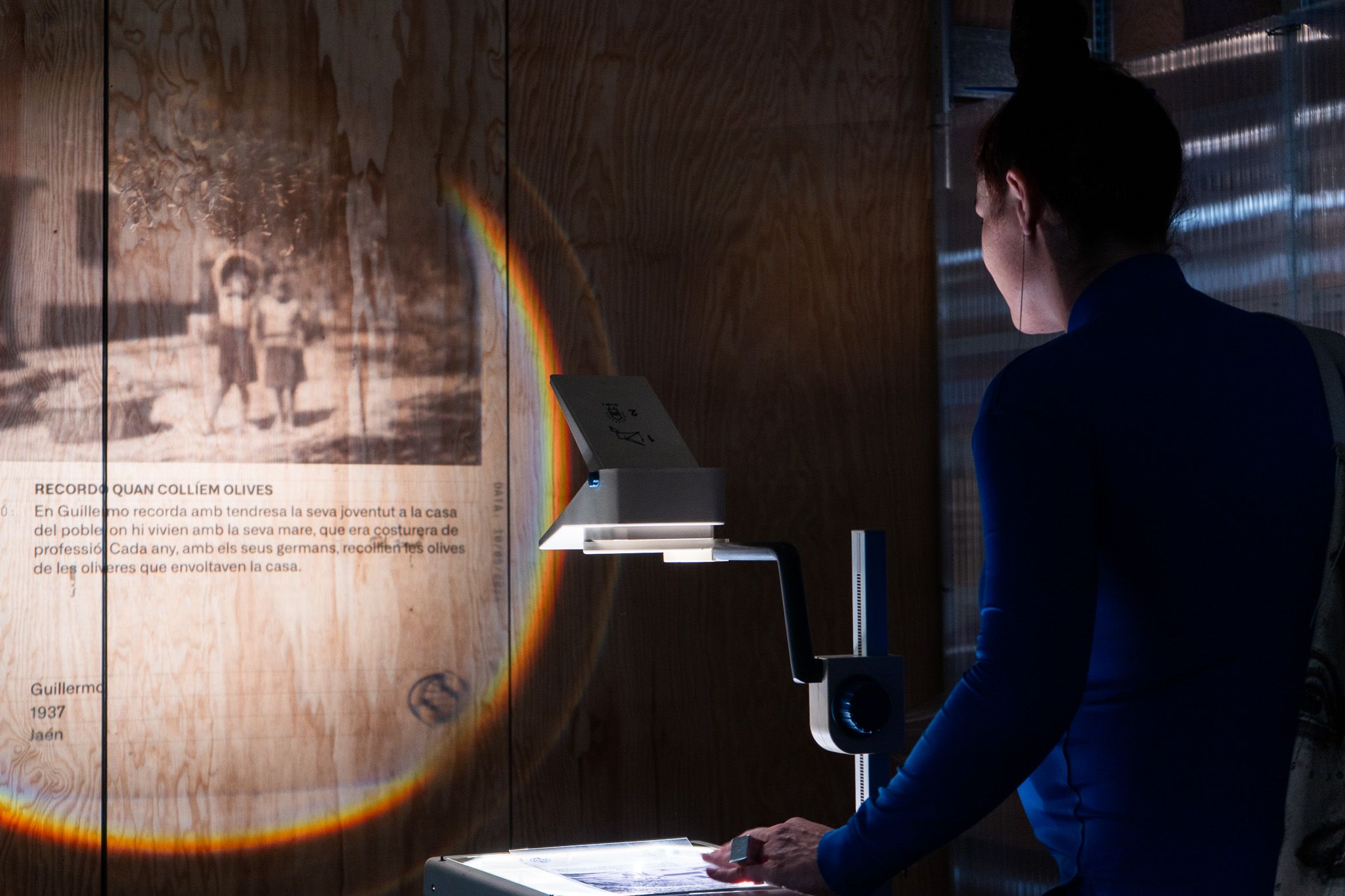
Beyond the office
Before opening the office, we trained a group of young people as prompters (individuals who give instructions to the AI) and interviewers who created over 60 memories with various communities in the city. These communities included elderly individuals, women who had been incarcerated, LGBTQ+ people, politically repressed activists, and people who had undergone migration journeys. By harnessing technology for communities that are often unheard, the project explored the profound impact that memory loss has on individual identity and cultural heritage.
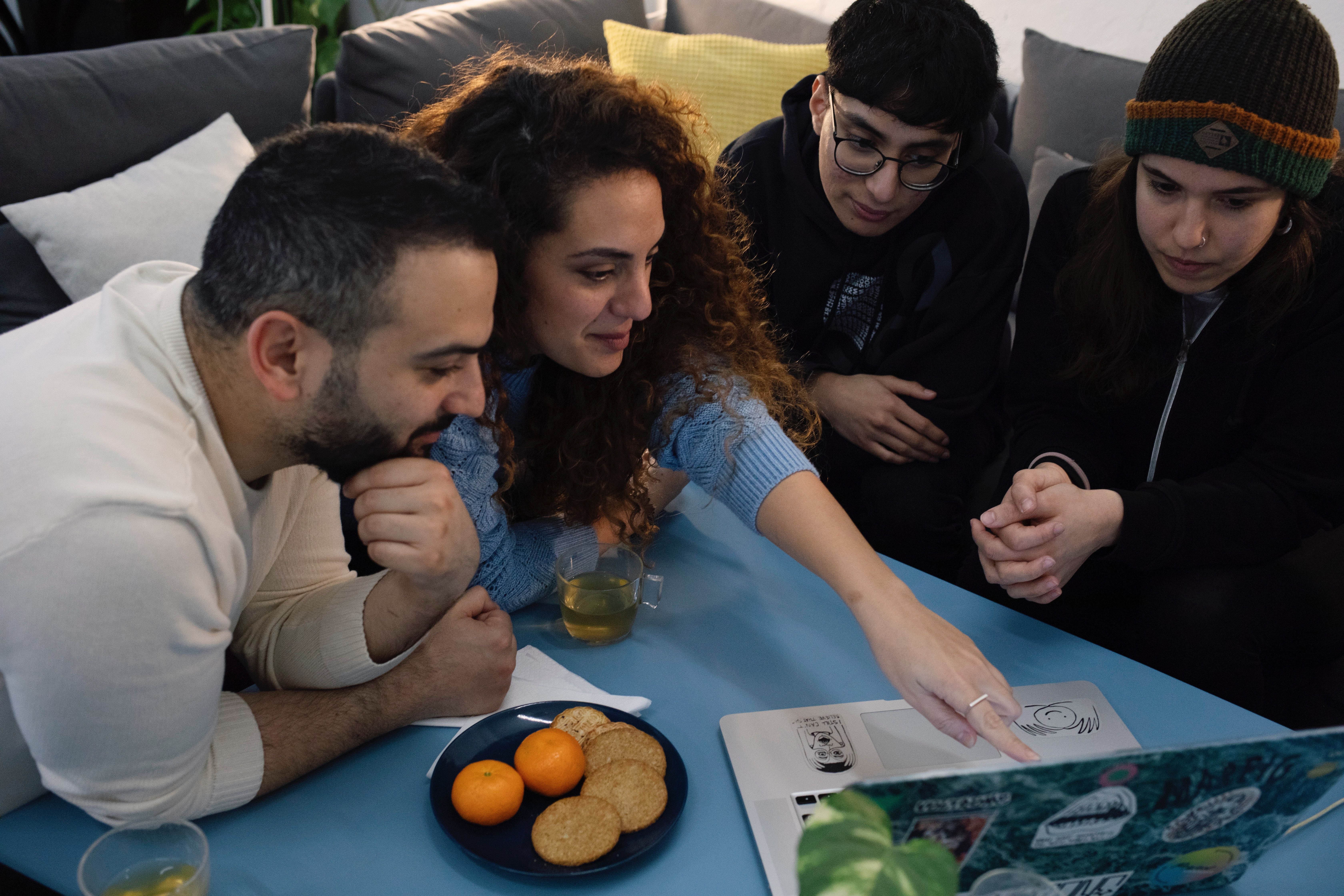
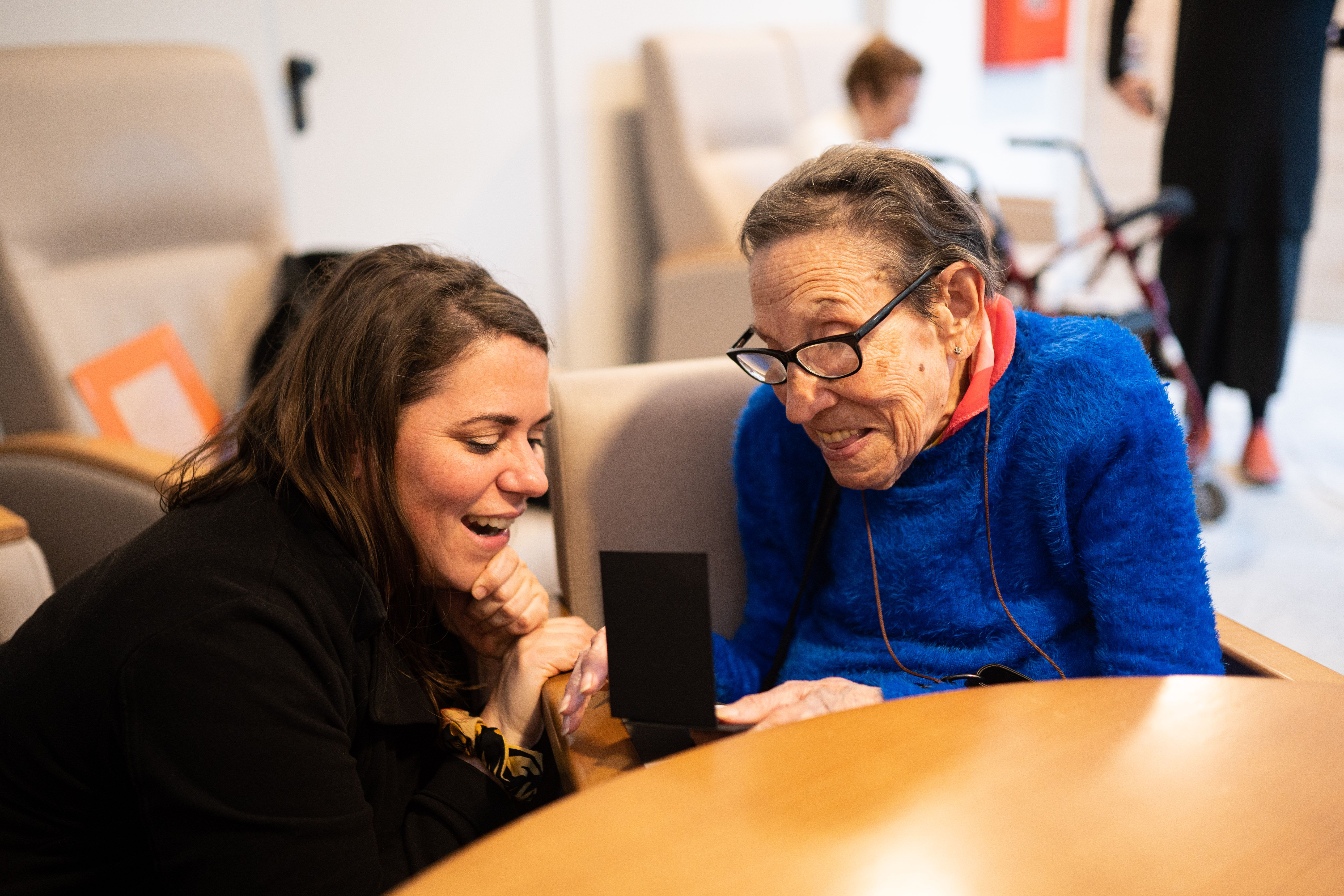
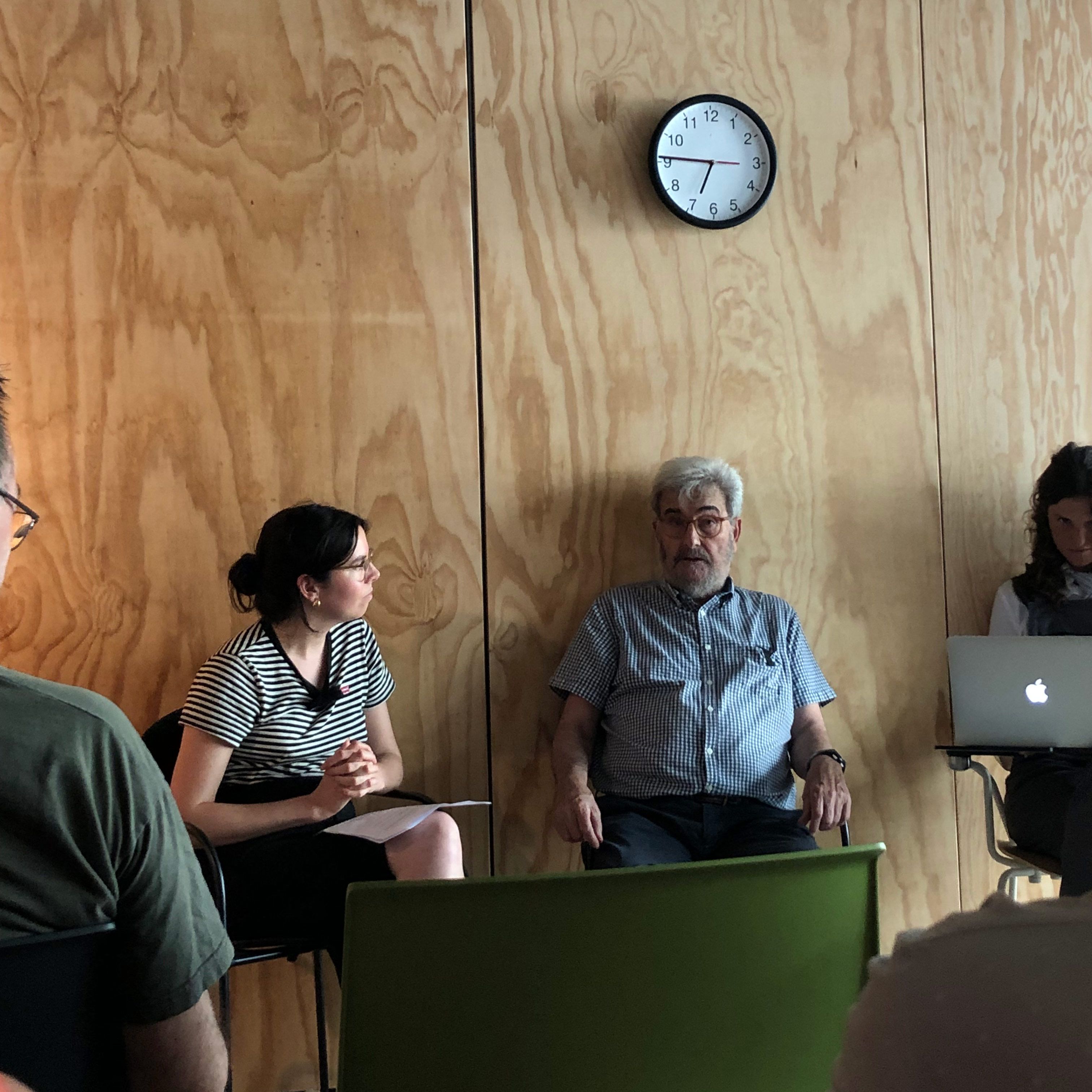
Memory still matters
The project has been featured in over 80 local and international media outlets such as The World, TVE, Libération, Courrier International, Stir Magazine, La Reppubblica, ABC, The Atlantic, and MIT Technology Review.

Would you like to bring the Citizens' Office of Synthetic Memories to your museum, city, or community?
Learn more here about the Synthetic Memories project and contact us to start a conversation. Let's keep remembering!


“If there is an act of love,
it is to remember” - Montserrat Roig
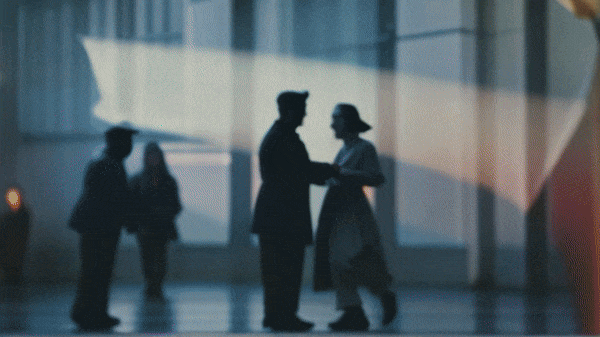
Citizens' Office of Synthetic Memories
My identity is formed of...
Number of answers:
